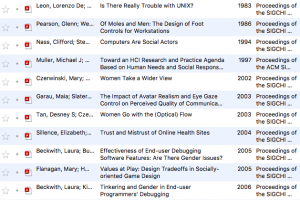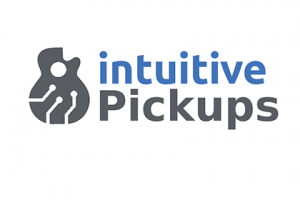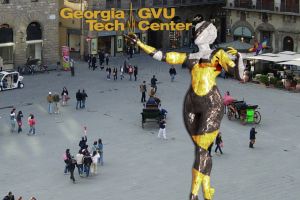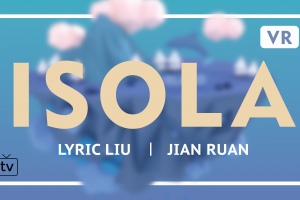ITDV Lab: The Interactive Topographic Data Visualizer (ITDV) is a system that facilitates a group of people to share in the exploration of geospatial solutions on an interactive projection mapped surface.  |
Scientists disagree about the effect of adding emotionally interesting details to learning materials. While some argue that interesting information enhances learning, others contend that interesting information is distracting. However, the issue might not be the interestingness of the information, but rather the relevance of the details to the main idea.  |
We present a study of Internet use and its forced non-use in Bangladesh. In light of current initiatives on state and industry actors to improve Internet access and bridge the 'digital divide' for underserved, under-resourced, and under-represented communities across the world, we offer a situated, qualitative perspective on what the current state of Internet use looks like for select social groups in Bangladesh. We analyze how a state-imposed ban attempted to effect the non-use of particular web-based services and how the affected populations found or did not find workarounds in response.  |
The Internet of Things (IoT) will soon touch nearly all of the interactions we have with our world and with the things around us, and the interaction of those things with each other. GT-RNOC is developing a number of IoT-related projects that help students demonstrate and better understand some of the complexity and range of applications that the IoT encompasses. |
|
Improving the well-being of people with mental illness requires not only clinical treatment but also social support. This research examines how major life transitions around mental illnesses are exhibited on social media and how social and clinical care intersect around these transitionary periods. |
Understanding users become increasingly complicated when we grapple with various overlapping attributes of an individual's identity. As a term, the user now represents an expanding, diverse set of people. In this work, we introduce intersectionality as a framework for engaging with the complexity of users'-and authors'-identities, and situating these identities in relation to their contextual surroundings.  |
Combining querying and pattern mining for event sequence exploration  |
This research explored the effect of intuitive versus rational thinking on creativity. Our objective was to investigate this relationship through design tasks with undergraduate industrial design students. Students performed nine separate design tasks across three conditions. Their work was scored for novelty and feasibility, and we analyzed this performance data in conjunction with self-reported mood and information processing assessments. Our results show numerous statistically significant differences. |
|
Flying drones with a remote control is hard. So we made a VR-based drone that flies wherever you look. |
We will demonstrate our acoustic guitar pickup system. Our demo will consist live acoustic guitar playing with comparisons of our technology to existing technology.  |
We provide data-driven guidelines for moderators and community managers in designing moderation and transparency strategies that foster healthy communities. |
Invisible Cities is a mobile dashboard for collaboratively developing AR monuments and expansive artworks in public squares. Users are able to create, share, and maintain public AR works that can be shared with a small community or the entire city. To get started, users need only download the Georgia Tech's Argon AR browser and be in a public space with AR content. From there, they can engage in creating a socially engaged AR with their fellow citizens. In an age of post-truth and fake news, AR public monuments serve as a touchstone for cultural heritage and expression.  |
|
There are specific cognitive functions necessary to safely drive a vehicle that can be impacted by alcohol, drugs, fatigue, or other sources. There is currently not a roadside assessment that can detect driver impairment regardless of the source. The iPad Roadside Sobriety Test project is exploring the use of cognitive tasks as an assessment tool for driver impairment to resolve this problem. We are currently investigating the diagnostic ability, reliability, and validity of different cognitive tasks for the impairment of cognitive functions essential for driving. |
Isola is a VR experience that takes place in a fantasy world consisted of many floating islands. Special pieces representing forgotten dreams are scattered in the space. The player has to find his lost pieces to become complete again. During the Journey, a special vehicle will be available for navigation and interaction. With the vehicle, the player can sail among the floating islands. He/she will overcome bad weather, throw a ring to attract giant fish, and at the end, combine two broken pieces collected along the way to form a full star.  |
Jeli is a wearable pet with personality. Just pin him to your shirt or jacket and take him along wherever you go! Jeli is the perfect traveling buddy for those who want a little company during their busy day. Pet Jeli on the head, squeeze his head or scare him with a loud noise to make him come to life. Jeli served as an exploration in soft circuit design. The product is controlled by a Flora microcontroller, as it is well-suited to sewn circuitry and wearable products. Our system also incorporates homemade sensors, such as a potentiometer and a force sensor. |


